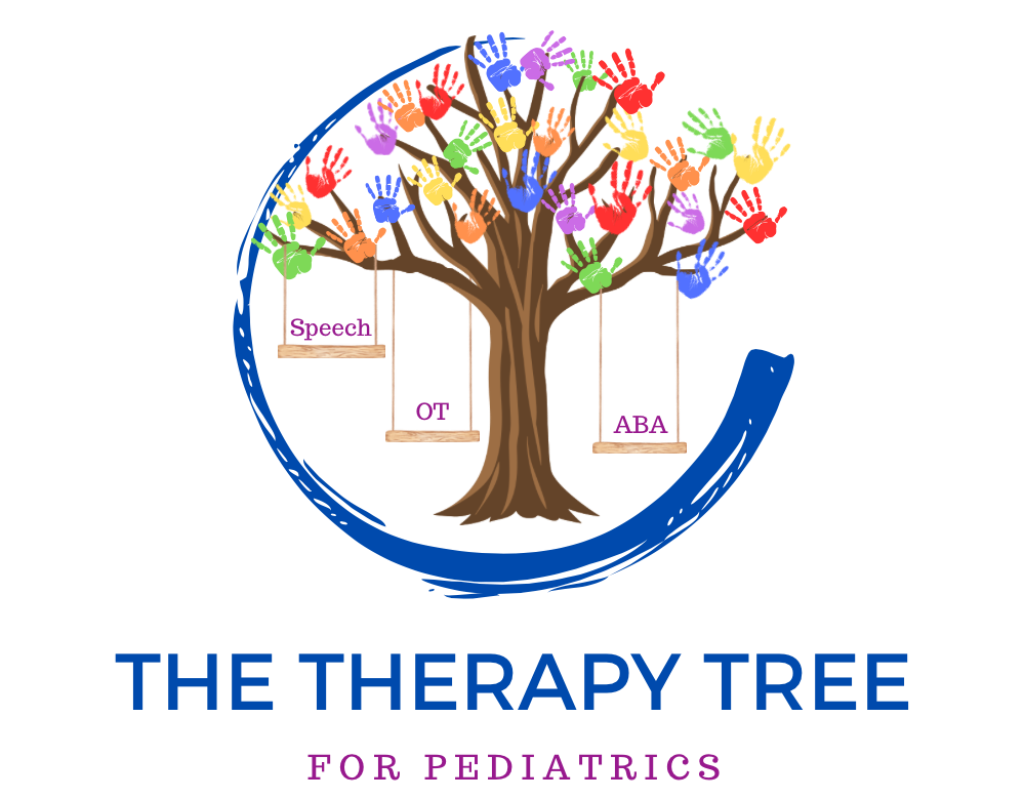Early Intervention: Why Timing Matters in Pediatric Therapy
For parents, the health and well-being of their child is the most important thing. That’s why it is important to catch signs of any challenges within their daily lives. The term, early intervention, refers to just this: a range of services and supports provided to infants and toddlers (usually from birth to age 3) who show signs of developmental delays or disabilities.
Early intervention services are designed to address challenges in areas such as communication, movement, cognition, sensory processing, and social-emotional skills as early as possible, to build a strong foundation for success.
The early years of a child’s life are foundational, not only emotionally, but neurologically. A child’s brain grows rapidly from birth to age five because of neuroplasticity, which means the brain is especially adaptable and capable of learning new skills quickly. Habits, behavior patterns, and core developmental skills are most easily established during this time.
Early Signs
Many developmental differences show subtle signs before a child turns three. And while every child develops at their own pace, certain red flags should prompt a closer look.
If your child is having difficulties in the areas of speech and language, motor skills, social engagement, sensory issues, or feeding, early intervention might be the right choice for you.
It is normal for parents to hope their child “grows out of it”, or that it is a phase, but early identification and support often lead to better long-term outcomes than a “wait and see” approach. Even if a problem seems small, don’t hesitate to bring up concerns to your care provider, even if they seem small or if others dismiss them.
Make a Lifelong Difference
Early intervention isn’t just about solving a short-term problem — it’s about empowering children to reach their full potential. When developmental challenges are caught and addressed early, children gain skills and confidence that follow them for life.
Whether your child needs a little support or more comprehensive therapy, starting early gives them the best chance to thrive. And as a parent, knowing you’ve taken action early is one of the most powerful steps you can take on your child’s journey
